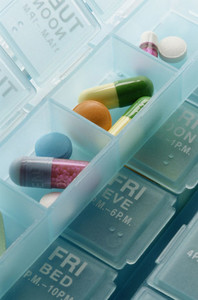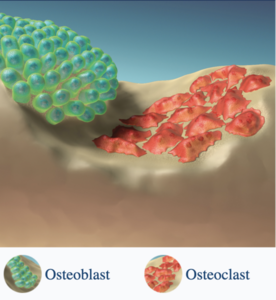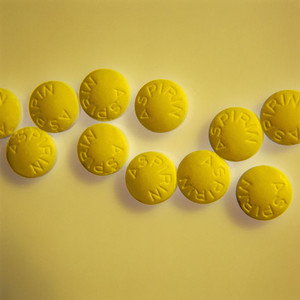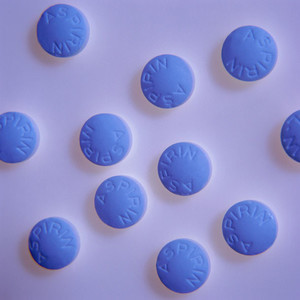A few months ago it was predicted that generics manufacturers were moving ahead with the development and commercialisation of better manufacturing technologies. The largest firms had now developed to the point at which they can start to develop new manufacturing technologies and thus lower their costs. This was going to lead, on the one hand, to lower prices for products and at the same time, higher profits for those firms able to develop in this way, who were then going to further consolidate their market position.
Generics production pulled in different directions
Generics/News
|
Posted 23/09/2011
 0
Post your comment
0
Post your comment

However, this is only one factor influencing the development of the world’s biggest pharmaceuticals manufacturers. Chemicals manufacturer BASF is well placed to improve its technology if it wishes, and indeed ‘it is our daily job to look into potential ways of reducing costs’, a spokesman agreed. However, the context of the remark was the announcement of price rises. In September 2011, BASF increased the price of drug active pharmaceutical ingredients (APIs) and excipients by 10%, the second price increase this year.
The increase covers all excipients including the pill coating product Kollicoat, the tablet binder Kollidon and the solubilisation agents Cremphor and Lutrol. On the API side, BASF’s move will affect a number of key and widely used compounds like caffeine, ibuprofen, pseudoephedrine and theophylline. BASF has also raised the price of calcium D-pantothenate (vitamin B5) products for use in human and animal nutrition. The German chemicals manufacturer said the hike was a result of increasing raw material, energy and labour costs.
So, there is no easy way ahead for companies in the generics side of the industry.
Source: BASF
Research
Japan’s drug shortage crisis: challenges and policy solutions
Saudi FDA drug approvals and GMP inspections: trend analysis
The best selling biotechnology drugs of 2008: the next biosimilars targets










Post your comment